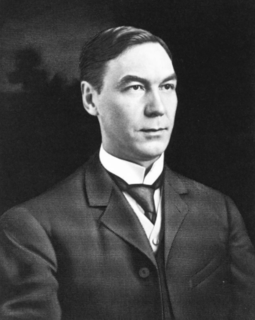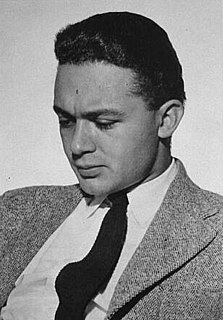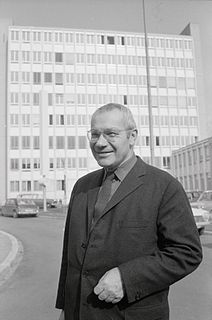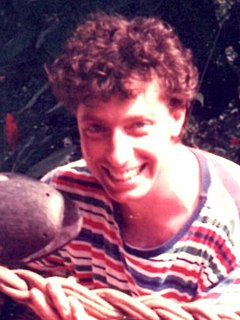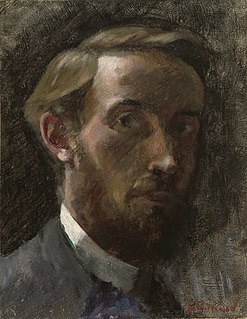A Quote by Maimonides
Form can only be destroyed accidentally, i.e., on account of its connexion with substance, the true nature of which consists in the property of never being without a disposition to receive form.
Related Quotes
In every remodelling of the present, the existing condition of things must be supplanted by a new one. Now every variety of circumstances in which men find themselves, every object which surrounds them, communicates a definite form and impress to their internal nature. This form is not such that it can change and adapt itself to any other a man may choose to receive; and the end is foiled, while the power is destroyed, when we attempt to impose upon that which is already stamped in the soul a form which disagrees with it.
The Universal mind is not only intelligence, but it is substance, and this substance is the attractive force which brings electrons together by the law of attraction so they form atoms; the atoms in turn are brought together by the same law and form molecules; molecules take objective forms and so we find that the law is the creative force behind every manifestation, not only of atoms, but of worlds, of the universe, of everything of which the imagination can form any conception.
The greatest marvel is not in the individual. It is in the succession, in the renewal and in the duration of the species that Nature would seem quite inconceivable. This power of producing its likeness that resides in animals and plants, this form of unity, always subsisting and appearing eternal, this procreative virtue which is perpetually expressed without ever being destroyed, is for us a mystery which, it seems, we will never be able to fathom.
The vanity of existence is revealed in the whole form existence assumes: in the infiniteness of time and space contrasted with the finiteness of the individual in both; in the fleeting present as the sole form in which actuality exists; in the contingency and relativity of all things; in continual becoming without being; in continual desire without satisfaction; in the continual frustration of striving of which life consists. . . Time is that by virtue of which everything becomes nothingness in our hands and loses all real value.
The ninety-nine cent price of a fast-food hamburger simply doesn't take account of that meal's true cost--to soil, oil, public health, the public purse, etc., costs which are never charged directly to the consumer but, indirectly and invisibly, to the taxpayer (in the form of subsidies), the health care system (in the form of food-borne illnesses and obesity), and the environment (in the form of pollution), not to mention the welfare of the workers in the feedlot and the slaughterhouse and the welfare of the animals themselves.
Through death you find yourself, because you no longer identify with form. You realize you are not the form with which you had identified neither the physical nor the psychological form of "me". That form goes. It dissolves and who you are beyond form emerges through the opening where that form was. One could almost say that every form of life obscures God.


